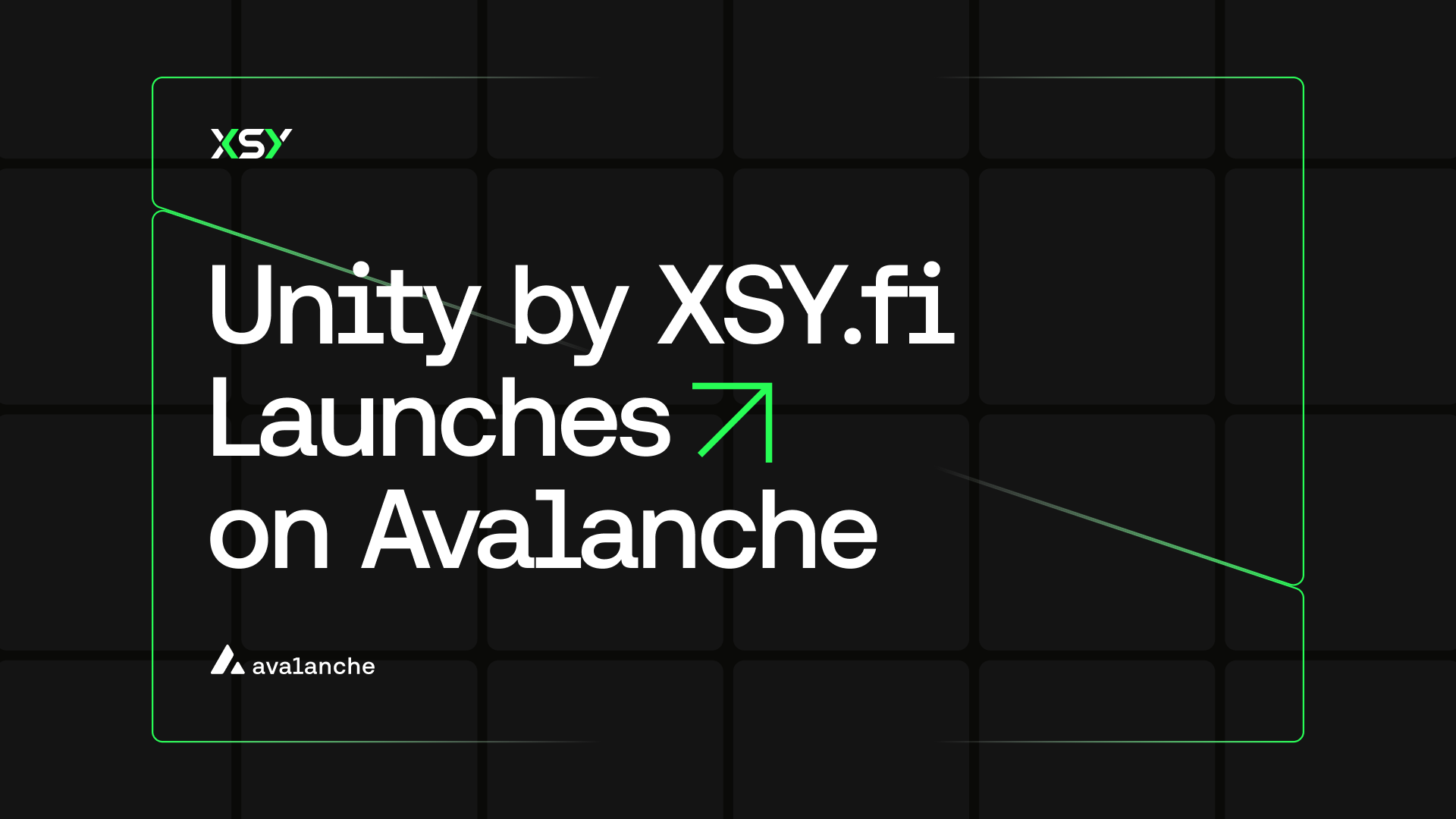How Avalanche Uses Account Abstraction to Improve the Web3 Experience for Institutions

Experts predict that trillions of dollars of assets will be tokenized over the next five years, and large Wall Street firms (e.g., J.P. Morgan, Franklin Templeton, WisdomTree, etc.) have been creating new blockchain-based utility and services to prepare for this future. Even so, various barriers preclude more immediate and widespread blockchain adoption, including, notoriously, user experience. Web3 UX tends to have non-intuitive, often-challenging peculiarities, including:
- The need to create and maintain Web3 wallets with lengthy and non-recoverable seed phrases
- Connecting wallets to dApps individually
- Clunky fiat-to-crypto on- and off-ramps
- Using volatile tokens as gas to pay for transactions
- Transactions requiring clicking through multiple approvals
Smoother UX with Account Abstraction
While companies providing tokenization services have built key infrastructure, tools, and compliance capabilities to create, manage, and trade security tokens, the industry also needs solutions that will simplify the UX for both asset issuers and investors. An upgraded Web3 UX should be intuitive and omit the aforementioned complexities.
Account abstraction is one solution providing an upgraded ability to create highly customizable Web3 wallets, which address these pain points and ultimately enable a cleaner, Web2-like UX.
Simplified Client/User Onboarding
While most Web3 wallets are complicated to create and use, Smart Contract Accounts, or Smart Accounts, can be enhanced with customizable logic to add helpful functionality for end users. Some benefits include:
- Account creation with more traditional login credentials (e.g., email address or biometrics)
- Integration with Web2 platform UI to enable a more familiar and intuitive interface and user journey
Overall, Smart Accounts can be instrumental in onboarding mainstream audiences to Web3, and today it has become simple to integrate Smart Accounts on any platform using projects such as Biconomy.
Customizable Account Maintenance
With Smart Accounts’ programmability, institutions and enterprises can customize the customer experience by easily adding certain UX features, including by:
- Allowing for account recovery mechanisms if a customer user loses wallet access
- Adding automated actions such as dollar cost averaging or buying/selling based on various on-chain triggers
- Automatically checking for off-chain KYC and other relevant licenses and linking these credentials with an on-chain Smart Account
Gas Abstraction, Making Transaction Fees Invisible
Finally, there are now ways to make Web3 transaction fees, known as gas, easy for all parties. With an innovation from Biconomy called Paymasters, platforms can:
- Sponsor the gas for all actions (or certain actions), or
- Charge gas automatically as commission in whichever asset the user is dealing with.
The result is a Web2-like experience with gas completely invisible. With low gas fees, gas sponsor costs can be seen as a CAC (Customer Acquisition Cost) and ultimately lead to a higher ROI over time.
Enter Avalanche, and more specifically Avalanche Subnets. Subnets allow anyone to build custom blockchains whose network traffic and, in turn, transaction fees, are isolated from third-party applications. Subnets also allow for custom gas tokens. This is crucial for regulated financial services institutions that are unable to hold cryptocurrencies for gas. Institutions and enterprises can implement customizable fee frameworks with Subnets while further abstracting them away from end users.
Recently, Onyx by J.P. Morgan leveraged Biconomy’s account abstraction and paymaster capabilities in its Project Guardian POC on Avalanche. Specifically, they used Biconomy's ERC-4337 infrastructure for gas-free interactions on an Avalanche Evergreen Subnet. Smart contract wallets enabled the deployment of funds as smart contracts, facilitating tokenized fund subscriptions and redemptions through mint and burn transactions, all while removing the complexity of fund managers needing gas tokens to cover transaction fees.
Added Security
With the advent of Smart Accounts, additional features can also be implemented to meet Institutional security standards.
Firms can add 2FA verification to their Web3 accounts, as well as secure team accounts where multiple people can interact with different permissions. Firms can also set limits on how much certain accounts can spend, or which assets they can interact with.
With more and more enterprises and institutions pursuing tokenization and digital asset strategies, it has become increasingly imperative for Web3 to have smoother UX for businesses and their clients. Due to their customizability and programmability, Smart Account wallets have proven instrumental in allowing builders to leverage the benefits of Web3 technology while bringing the familiarity associated with more traditional Web2 platforms and experiences.
About Biconomy
Biconomy is a developer platform setting UX standards for seamless blockchain transactions. Biconomy empowers the world’s best developers to deliver web2-like experiences in their dApps. As pioneers of Account Abstraction (ERC-4337), Biconomy has on-boarded over 4M unique users across 400+ dApps while partnering with companies such as J.P. Morgan, DYDX, The Sandbox, and Decentraland.
Website | Twitter | LinkedIn | Discord
About Avalanche
Avalanche is a smart contracts platform that scales infinitely and regularly finalizes transactions in less than one second. Its novel consensus protocol, Subnet infrastructure, and HyperSDK toolkit enable Web3 developers to easily launch powerful, custom blockchain solutions. Build anything you want, any way you want, on the eco-friendly blockchain designed for Web3 devs.
Website | Whitepapers | Twitter | Discord | GitHub | Documentation | Telegram | Facebook | LinkedIn | Reddit | YouTube














.png)









_Title%20Light%20(2).png)







.png)


Purple.png)





_Blog.png)





%20Announcement.png)







.jpg)



.png)














.png)















.png)








